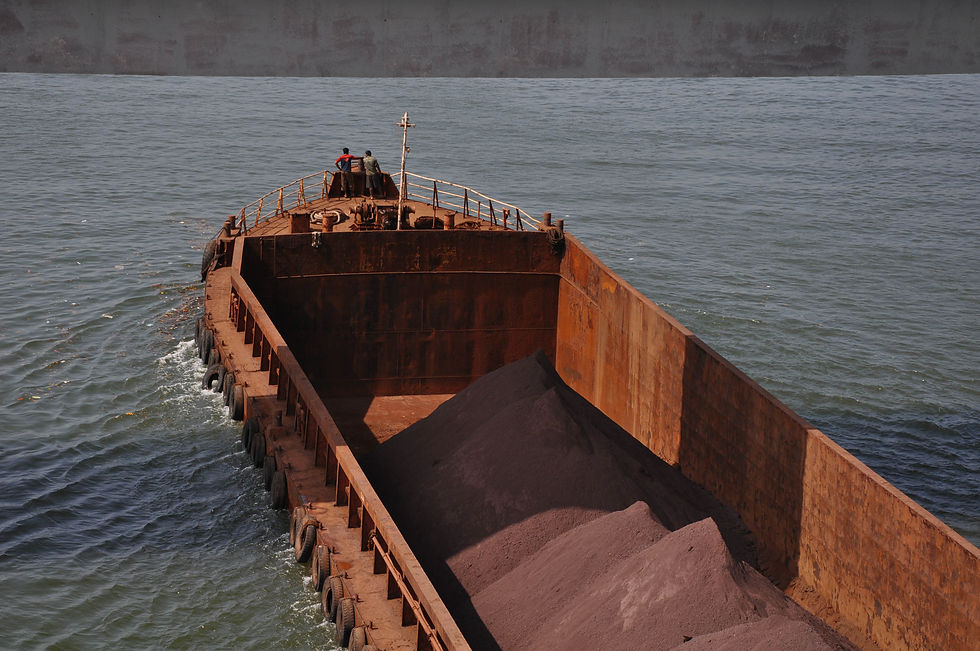Mining
Mining grants were initially given by the Portuguese to a few business houses. These grants were continued after the Portuguese left and additional leases were granted to other businesses. However, most of these leases were irregularly granted. Rapacious mining in various pockets of Goa has ravaged the hills, the forests, the fields, and the water bodies and even caused huge damage to the dwelling houses of the people in the locality. This in turn has meant a substantial number of local people have been displaced from their livelihoods, while the dust pollution has posed severe health hazards. Demands for closure of mines began erupting specially in the villages infested with mines.
People have also been agitating for cooperative control over the mines for their sustainable use. Groups like the Goa Foundation and other individual activists have obtained data under Right to Information Act, and challenged indiscriminate extraction of iron ore. This data along with the strong Justice Shah Commission Report against mining, finally became the basis for long battles in the Apex Court. These battles have led to the directions for stopping existing mining activity by the Supreme Court, until fresh mining leases are granted by the State according to the provisions of the Mines and Minerals (Development and Regulation) Act, 1957, and environmental laws.




































